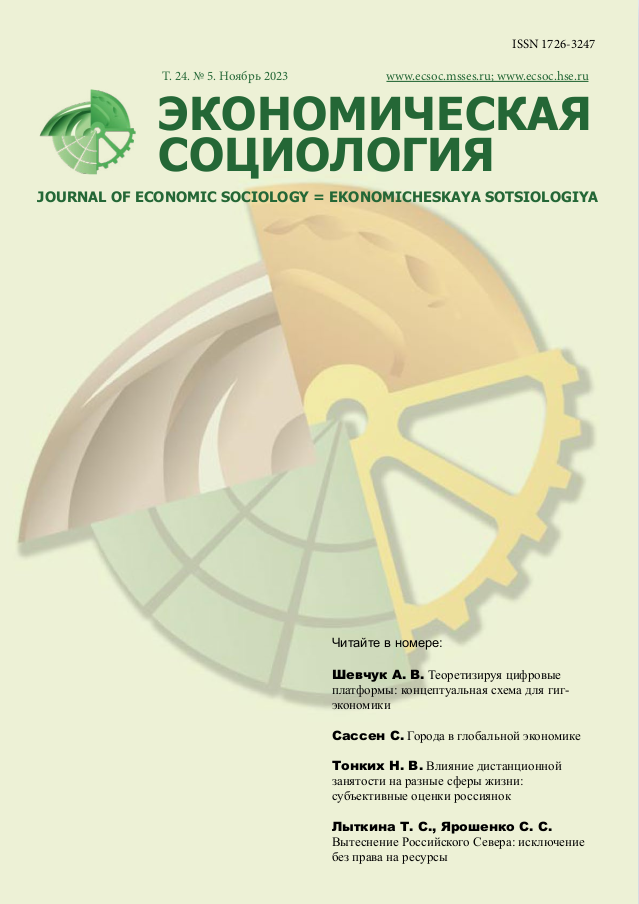Networks, Resources, and Isomorphism: Corruption from Organizational Sociology Perspective
Abstract
Since the 1990s, corruption has been an object of study in economics, management, law, psychology and sociology. However, many empirical studies on corruption oftentimes ignore the normalization of corruption and its embeddedness in organizations. In this paper, we would like to draw attention to an alternative way of looking at corruption. We highlight three perspectives on corruption: social network analysis, resource dependence theory and neoinstitutionalism, which are the leading perspectives in organizational sociology. We argue that each perspective has a great potential for deepening our understanding of corruption thanks to their focus on organizations which are seen as a basic unit of corruption. Social network analysis explores interpersonal links between corrupted subjects and mediators and their role in corrupted networks. It also puts forward a number of predictors of corruption. Neoinstitutionalism focuses on environmental factors and explores the institutional conditions which encourage or discourage corruption, such as the level of competition, the quality of law and law enforcement, and other firms' behaviour. Resource dependence theory draws our attention to the resources available to organizations and individuals. It helps explore the relationship between power and resources on the one hand, and the field of available corruption activity on the other. Organizational sociology allows us to consider the positional, organizational and environmental factors of corruption. In doing so, it highlights the social embeddedness of corruption and its systematic and routinized nature. To illustrate our point, we review in detail several studies which represent different perspectives and methodologies. In conclusion, we compare the three perspectives, point at their respective advantages and disadvantages, and propose possible directions for future research.













